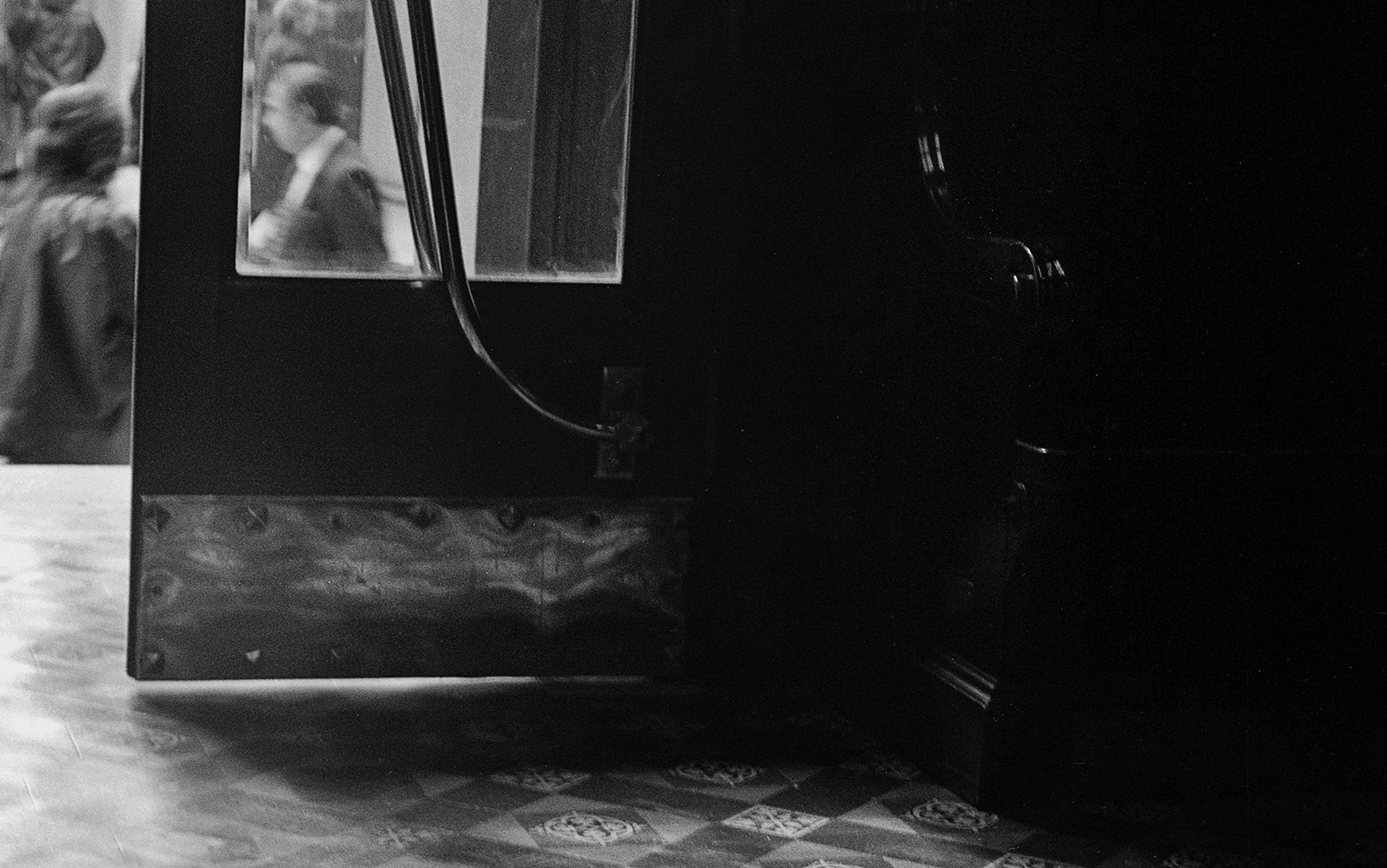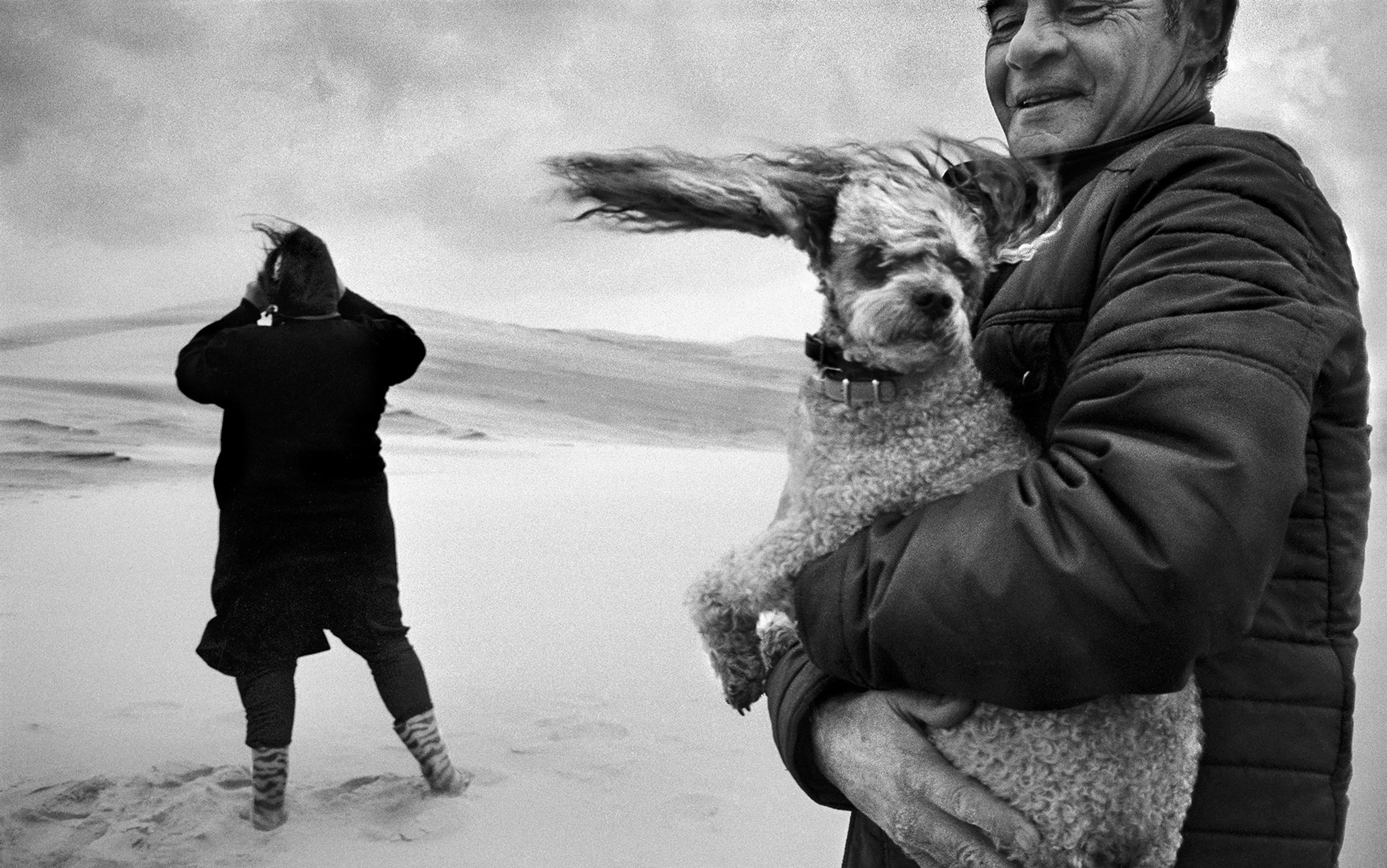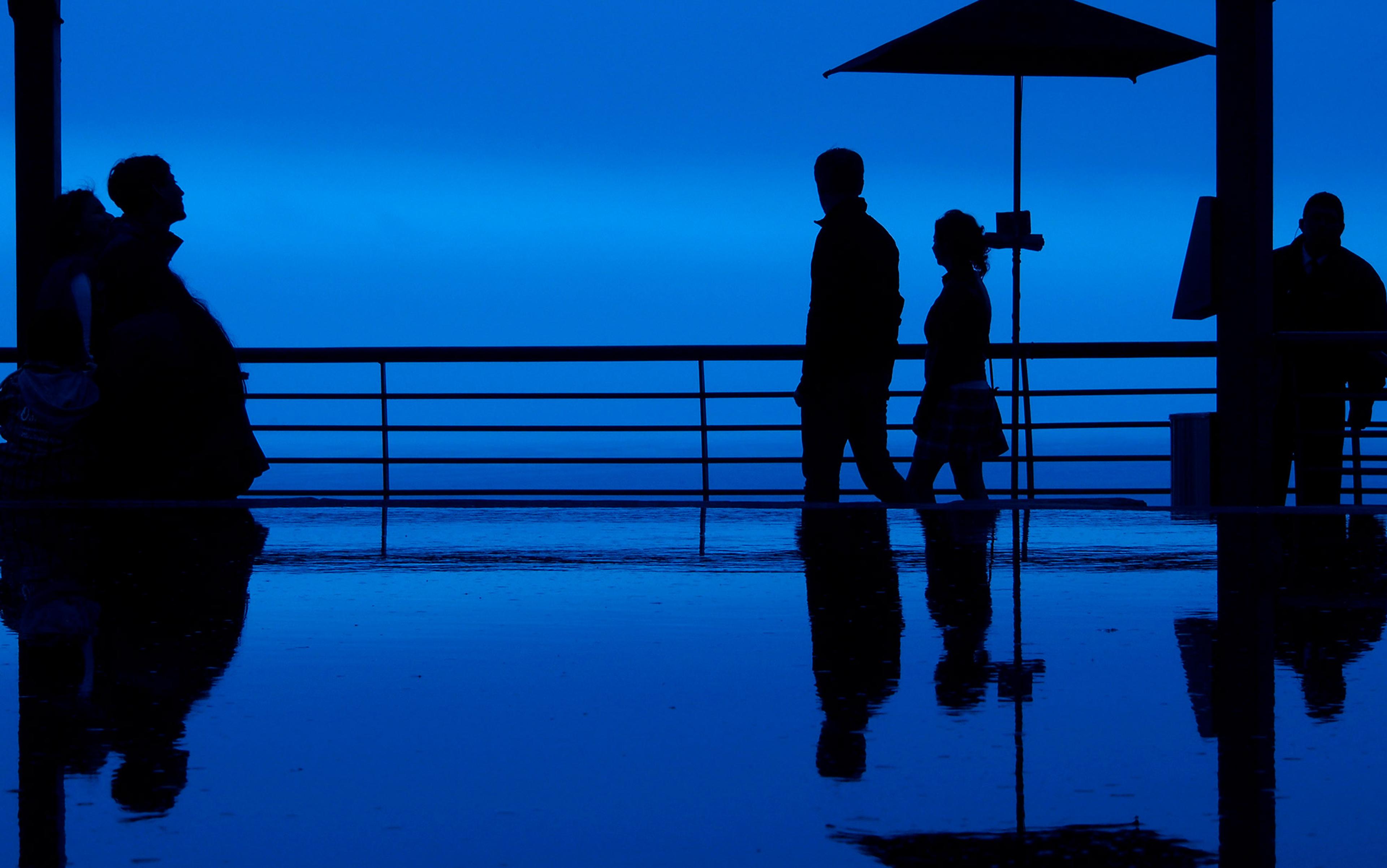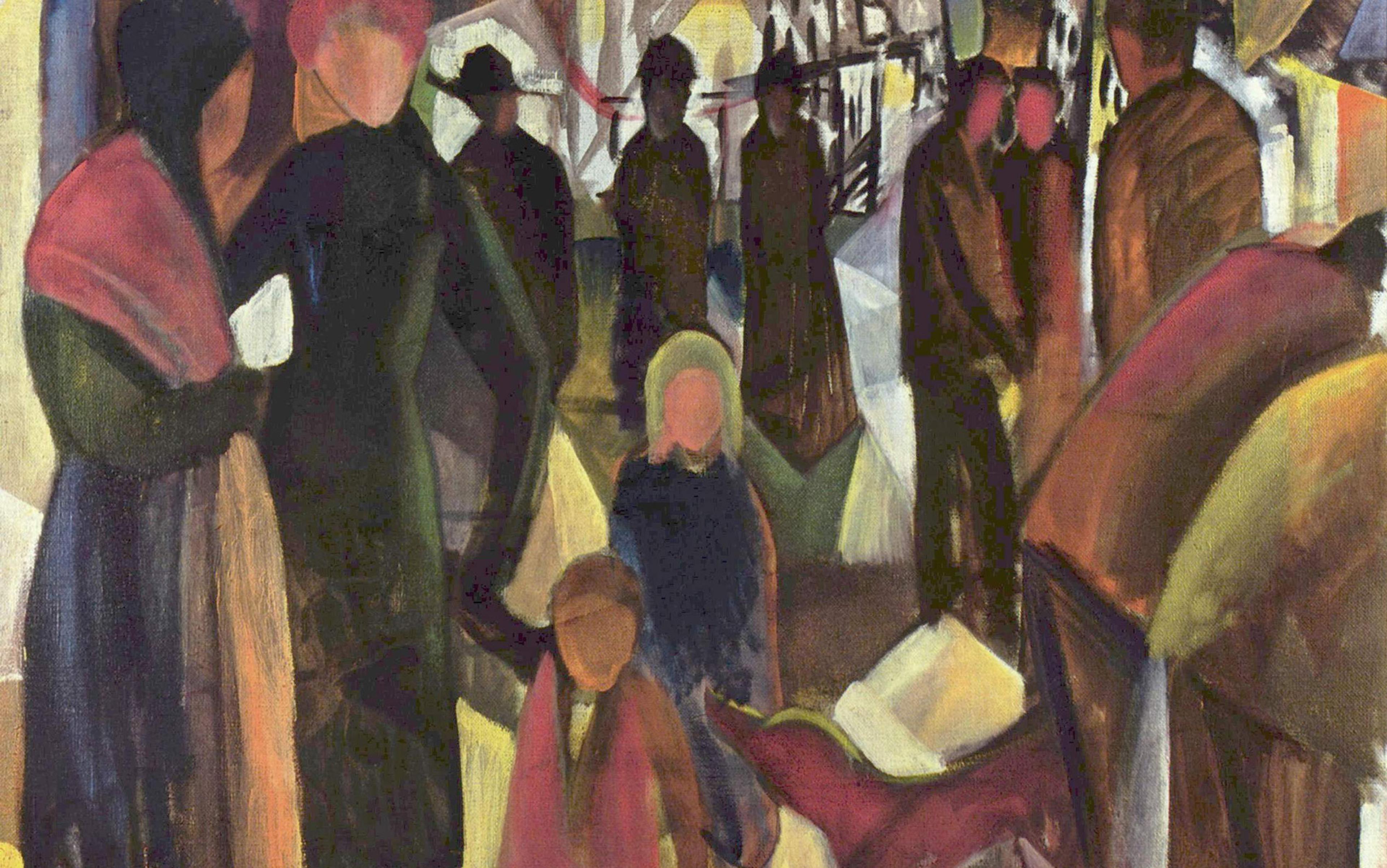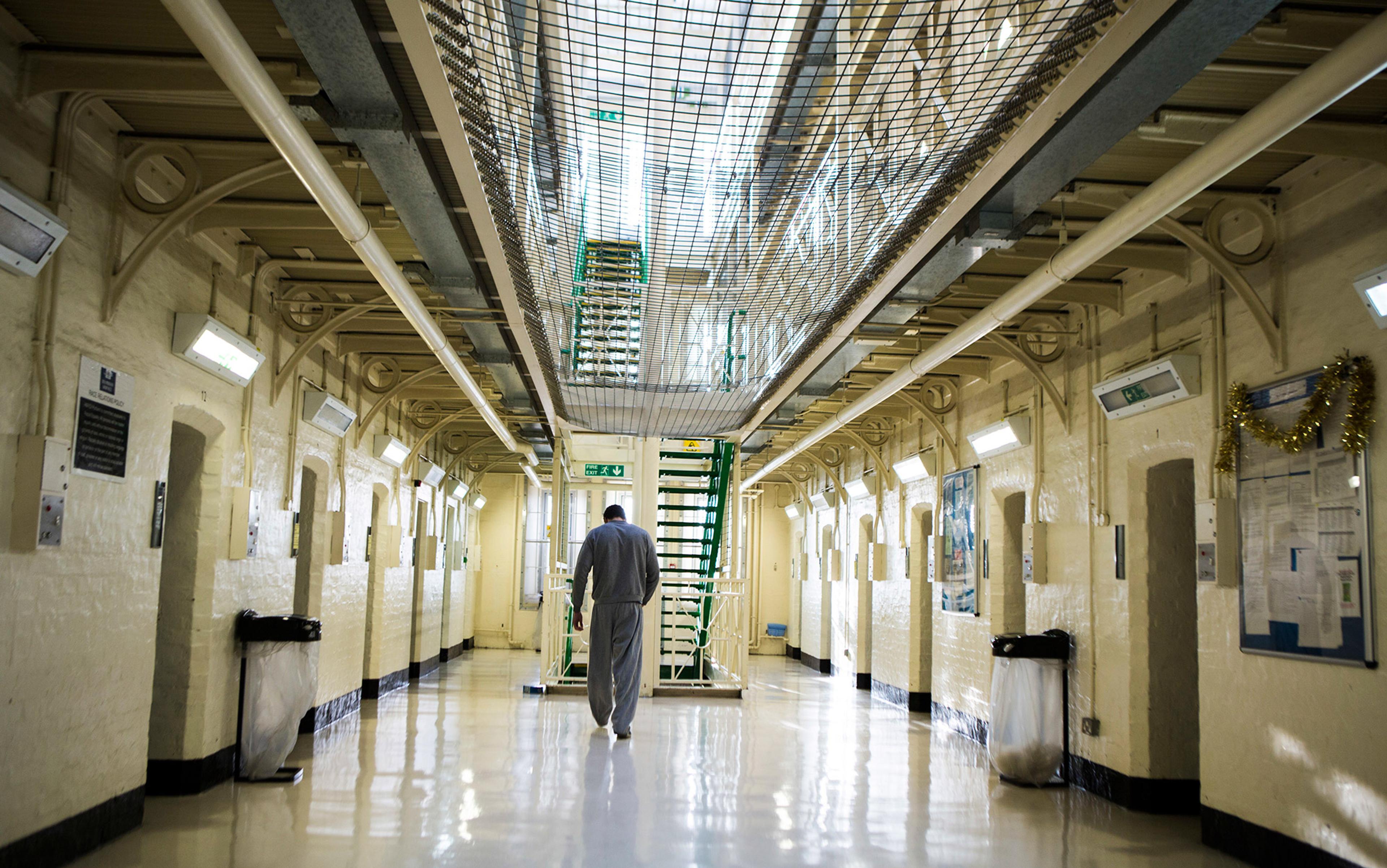I see humanity as a family that has hardly met.
– From An Intimate History of Humanity (1998) by Theodore Zeldin
I. Strangers No More
In 1994, I went on a voyage with my son Carlo to São Paulo to meet my father for the first time. Along with my father, Giuseppe, we met his Brazilian wife, Mira, and their children and grandchildren. My father was so moved by our visit that he insisted on meeting the rest of my family and, in a couple of weeks, Carlo’s mother, Vicky, and our daughter, Nina Mara, joined the family reunion in Brazil.
Upon our return, I wrote an account of my journey, a letter to my father, entitled ‘Strangers No More’. Born in Italy and raised in Canada by my mother, Nena, and her family, I had become a child and family psychiatrist. My family story, written in English, was published first in Italian and later translated into Spanish and Portuguese. Curiously, these are the languages my father spoke and this is the order in which he lived them in life – Italian, Spanish and Portuguese.
In those early days of our first encounter, my father asked me about my work. When I told him that I am a child psychiatrist, working with children and families across cultures as a family therapist, he observed wryly: ‘So you are working on your own case!’ I was indeed. That encounter liberated me and triggered a fountain of energy for writing. In fact, that account became the final chapter of my book, A Stranger in the Family (1997), happily translated into Portuguese (1998), which concludes with this lesson for living:
Some say you can’t go home again; others say you can and should go home. I say: we never leave home, and like a snail bound to its shell, we carry it with us wherever we go.
II. The Postcard
A decade earlier, in 1983, just as I was about to get married, and still estranged from my father, I received a postcard in Montreal from a place I didn’t recognise. It was signed in English: ‘Luis Eduardo, your half-brother from Brazil’. Edgar Allan Poe once wrote a detective story about a letter that is purloined in front of the person it was sent to, hidden in plain sight but eventually retrieved and delivered to the addressee. As the psychoanalyst Jacques Lacan observed about that literary letter – ‘A letter always arrives at its destination’ – Luis Eduardo’s postcard did eventually arrive at its postal address. And though it was left in plain sight, the person to whom it was addressed – myself – was not immediately receptive to its message. Its true destination would be many years in the future.
The postcard invited me to partake of a Brazilian family where I had a presence but that had created only an absence in my life. Having just started my psychiatry training, on the verge of getting married, I set the postcard – announcing a tidal wave of possibilities – aside. I sensed that I was in a predicament, a situation that breaks boundaries and opens space, but I was on the threshold of another opening – married life and a psychiatric career – and I was not ready. I did not respond to Luis Eduardo.
Later, I learned that he had written that postcard in a moment of crisis, casting about for a safe harbour in his life. When his fiancée’s mother forbade their marriage, Luis Eduardo was cast adrift. Already pregnant, his fiancée bravely chose to bear the child, married another man, and raised their daughter Thais in her new family.
After meeting my father and Mira and discovering their Brazilian offspring, I had a final, delightful surprise when a lovely young woman showed up at my father’s door and eyed me searchingly. And when I, in turn, searched my father’s face for the meaning of this silent encounter, he said in his quiet way: ‘This is Thais, Luis Eduardo’s daughter.’ Her large searchlight eyes were scanning my face for traces of her father, known as Dudu in the family. Having never met her own father, Thais felt a vicarious attachment to me as another estranged member of the family, like her father and herself. And like me, she was a stranger who came home. The same home where her father Dudu had written his postcard to me. The postcard reached across time, linking me to my father and Thais to hers. And to her father’s family. After this encounter, Thais came to live with her grandfather.
The postcard arrived at its destination but I understood it only three decades later
When my father died in June 2013, I flew from Montreal to Jundiaí to be with my Brazilian family for the funeral. By then, I had been divorced from Vicky for many years and had developed a secondary career in Brazil, where I met a lovely psychologist from the southern state of Rio Grande do Sul. In fact, Letícia was about to come to Montreal to meet my family in Canada for the first time. I contacted Thais again to invite her to her grandfather’s funeral. She was excited to hear from me but saddened by the family news, and worried that they wouldn’t welcome her as she had once again become estranged from them. My Brazilian family had never met her husband and two young children. With surprising assurance, I told her: Come, you will accompany me.
Thais attended the funeral with me, two strangers in different ways, in our own Brazilian family. By doing this, we reconnected the Di Nicola family in Brazil. She learned the fate of her father who left Brazil for Italy after writing that postcard to me. Dudu married and had a son but, like our father, disappeared from his Italian family. Nonetheless, we settled another doubt in her mind: she had a half-brother living there. She had confused the names and the locations and never found him. But that evening, she found Samuele through social media. Another connection was made.
Now, as the oldest son in the family, I had become the patriarch of the Di Nicola family on three continents. Letícia joined me at São Paulo’s airport in Guarulhos, where I had first met my father some 20 years earlier, and together we flew to Montreal.
Luis Eduardo’s postcard arrived at its destination but I – the person to whom it was addressed – understood it only three decades later. And its quiet message echoes inside my chest until it grows into a roar. Like the mystical voice in the novel Howards End (1910), the meaning of E M Forster’s great maxim shakes me until it brings me to the limits of what I can bear. Just before breaking, on the threshold of a cleansing madness, it consoles me: ‘Only connect!’
III. On the Third Bank of the River
In the end, I see my father in no resolvable way. Neither my mind nor my heart can altogether grasp his life. There was always only one road open: simply to spend time with him, to be present with him, and to live in the moment. That is what it means to be a child. And now, there are no more moments, and my father remains an enigma. At the age of 60, I became a man. It was time, as St Paul counselled, to put away childish things. From child to patriarch. All it took was a death and an opening. With my father’s death and the return of Luis Eduardo’s daughter, Thais, to her paternal family of origin, I was ready to be a man and to marry my Brazilian bride, Letícia.
In his evocative novel The Year of the Death of Ricardo Reis (1984), José Saramago sends off Ricardo Reis, a heteronym of the Portuguese poet Fernando Pessoa, to his death without completing his manuscript of poems in order ‘to relieve the world of one more enigma’. Unlike Saramago, the bitter if brilliant magus of Portuguese letters whom I call o mago amargo, I can tolerate enigmas in my life.
One of the enigmas of my family story was the existential question of why my father abandoned my mother, just after I was conceived, to return to South America. He simply seemed to have disappeared, and neither the Italian nor Canadian authorities could trace his whereabouts. That absence was a mystery until my father revealed the source of this enigma just a few months before the stroke that eventually took his life. With great clarity of purpose and narrative drive, my father sat me down to tell me this crucial part of his life story.
In Italy, he had been active in the Socialist International which sent him on a mission to South America during a time of military dictatorships and Leftist militancy. He was sent first to Venezuela. One day, due to illness, he missed a meeting with his comrades in Caracas. The meeting was ambushed and all of them were arrested and later killed. Word was sent to my father that he was in mortal danger, and a plan was drawn up to spirit him out of the country. With the details still emblazoned in his memory some 60 years later, he relived with me his escape by car and bus, avoiding airports, ports and train stations, naming roads, buses and times as if he’d travelled them just a few days earlier. Although my father had a brilliant mind, these are the hallmarks of traumatic memory.
The destiny in which my father found refuge eventually broke through this mask of concealment
In La Paz, the Italian ambassador to Bolivia told him he would be safe with friends in São Paulo. But when my father got to Brazil, he felt intensely uncomfortable and under scrutiny, so he made his way to Argentina – yet there too he felt unsafe. Earlier, my father had told me of his brief experiences in Argentina, where the porteños (natives of Buenos Aires) derisively called Italians tanos (from napoletanos, hailing from Naples). Eventually, he found his way to São Paulo again, where he made a new life with his Brazilian family.
I didn’t have enough time with him to reconstruct how his voyage back home to Italy to meet my mother fits into the story. Somewhere between his sojourn in La Paz and settling in São Paulo, he returned to Italy and his waiting bride. The plan was for them to settle in São Paulo. Already conceived in Italy, my destiny, in which my father so believed, was to be born in São Paulo. Something intervened. Terrified, running for his life, my father went into hiding, rebuilding a parallel life in São Paulo, a city and a state large enough to get lost in.
This explains why we couldn’t trace him. Again, something happened. The destiny in which my father found refuge eventually broke through this mask of concealment and his youngest son, Dudu, wrote me that fateful postcard. And through Dudu’s postcard, I found our father. Dudu was lost by then but, 11 years later, his message got through. The connection was made.
Another master of Portuguese letters, the Brazilian diplomat and writer João Guimarães Rosa, wrote the story ‘The Third Bank of the River’ (1962), which will stand as the last word on my father. In this tale that resonates with idiosyncratic wordplay and magical realism, a father who cannot be understood by his children decides to enter a river with a canoe. There, he paddles day after day simply to stay still, avoiding coming ashore on one of the margins of the river, but creating through his efforts a third bank.
In a philosophical aside, Guimarães Rosa observes that we don’t arrive at our chosen destination, but elsewhere, concluding: ‘Living is very dangerous, isn’t it?’
As it happens, I live on an island called Montreal in the middle of a river called the St Lawrence. We speak here of the North Shore and the South Shore. The island itself is for me the third bank of the river. In a country torn between the first peoples and the founding races, between shifting anglophone and francophone majorities and minorities, and in a life distributed between my European roots (my son, Carlo, is now working as a lawyer in Rome) and my North American offshoots (my daughter, Nina Mara, is a resident in emergency medicine in Montreal), between the practice of psychiatry and my philosophical investigations, there is a third option: a refusal of binary choices, and an embrace of dialectic to create a synthesis.
Here in Montreal, where English and French live in the past, proclaiming victories, I make my synthesis, living in the present, in Italian and Portuguese. Here in the North, poetry and fiction allow me to navigate between psychiatry and philosophy while my growing Brazilian family represents the Global South. This synthesis has been nothing less than an event in my life, opening new possibilities, calling for both radical change and firm fidelity, making me a subject of its truth. Unlike my father, I eschew the notion of destiny and recognise the radical contingency of our lives. There is no guiding hand, dark fate or bright destiny. Things happen. Out of the things that come to pass, we make choices and ascribe meaning.
The late Jungian psychologist Guy Corneau wrote: ‘A man is born three times in his life.’ I was born first of my mother in Italy, then of my father in Brazil and now, finally, of my own sure self. Here, on the third bank of the river, paddling furiously to avoid crashing into the north or the south shore, I join my father in the Heraclitan flux, where the river is ever-changing – and change is life itself.
IV. The Event
Neither by destiny nor design but by chance, I grew up without a father, tasting what Jean-Paul Sartre described in The Words (1963) – the autobiography of his fatherless childhood – what it’s like not to be connected to power and not to count for something in the world due to a father’s absence.
A curiosity bigger than my life and a desire that isn’t mine led me to meet the stranger who was my father. Not by obligation but by choice, I became more intimate with him, during two decades. My first letter to him, ‘Strangers No More’, was more hopeful than true. It would be truer to say that my father and I became intimate strangers – familiar yet unknown to each other.
Meeting this intimate stranger allowed me to explore the threshold between the strange and the familiar, North and South America, to learn a new language and a new way of being. It was not in life but with his death that I fully grasped – grieving, yet grateful – that an event had occurred in my life.
I see not only my father but all of humanity as a family that I’ve barely met
It arrived without fanfare or preparation, but when the moment came, I recognised it and seized it, risking everything – more than I am willing to say – and though I tarried in naming it, I remain faithful to it, at great cost and with much benefit, but these are never the things that one wants or sets out for.
Life is dangerous and full of risks. And philosophy – which is the art of living – is nothing if not reckless, as my mentor, the French philosopher Alain Badiou, avows. And in our recklessness, we end up somewhere else, not at all where we expected. Yet, if it is an authentic event in our lives, it illuminates and changes everything. And such an event becomes a supplement to everything that comes after. Everything is lived, everything makes sense, through the prism of the event.
My fidelity to this event, as it unfolds through my life, allows me to work with families this way too: holding out, hopefully, for an unforeseen event that might change everything. As a therapist, it was not only my father who became an intimate stranger, but also the families that come to me as strangers to reveal their intimate predicaments in their search for sense and meaning.
Now I see not only my father but all of humanity as a family that I’ve barely met.
Coda – Slow Thought: Towards an Evental Therapy
Like my family story, my career as a therapist is divided into two: on the threshold – waiting for something to happen; and the event – living a life after it does. After working on my professional ‘handicap’ during my family therapy training in Rome, I was on the threshold, yet I waited seven years to meet my father in Brazil. The right moment had to come along, and that moment came as a crisis in my life when I could no longer put off the encounter. In my memoir about my father, I reflected on what I had learned as a therapist from that first encounter with him. And this is the heart of the lesson: Take your time. Life counsels patience.
Now, after that first meeting and some 20 years of further encounters, what did I learn as a therapist? Is the wisdom of slowness an antidote to depression and despair, or an impossible, illusory effort to recover what we lost or never had? I wrote my ‘Slow Thought Manifesto’ (2018) in the footsteps of the Slow Movement which started with Carlo Petrini in Rome in 2005. Slow thought is a form of self-care and a preparation for therapy based on an event.
The Italian philosopher Giorgio Agamben has written beautifully on the philosophy of infancy. He conducts ‘philosophical archaeology’, delicately mining the resources of our Latin heritage:
The Latins had a singular expression, vivere vitam, which was passed on to modern Romance languages as vivre sa vie, vivere la propria vita [live one’s own life]. The full transitive force of the verb ‘vivere’ has to be restored here; a force, however that does not take on an object (this is the paradox!), but, so to speak, has no object other than life itself. Life here is a possibility, a potentiality that never exhausts itself in biographical facts and events, since it has no object other than itself.
Our work as therapists, like life, is a possibility that never exhausts itself. Agamben reminds us to live our own lives. If waiting to meet my father taught me patience, my encounters with him taught me that life has no other object than itself. Like life, evental therapy enacts a transitive force that has no object: it simply presents itself.
There is no destiny or fate: we have to give up the popular notion of things meant to be
An event arises from a rupture in our life-world or situation that I call a ‘predicament’. The consequences of such a rupture create the conditions for change: either we shut down (trauma) or we open up and something new comes into our lives (event). So, out of rupture and predicament, two extremes can occur – trauma and event. Threshold therapy – which describes my work in cultural family therapy for the past 30 years – deals with families in transition, on the threshold, undergoing rapid cultural change.
Evental therapy guides people out of situations of rupture, healing trauma when possible, coping with it as best they can, and preparing for the possibility of an event in their lives. Once an event occurs, therapy helps them learn to live with the consequences. An event is contingent, meaning it is unpredictable. As noted, there is no destiny or fate, so we have to give up the popular notion of things that were meant to be. This makes life – and therapy – risky and vertiginous. It gives up the illusion of control and sure outcomes, but it admits the possibility of real change.
‘Inducing a crisis’ for therapeutic ends (as in Salvador Minuchin’s structural family therapy) or manipulating the parameters of therapy by ‘choosing a focus’ or ‘accelerating the pace’ (as in David Malan’s work on brief psychotherapy), not to mention ‘correcting cognitive distortions’ (as in Aaron Beck’s cognitive therapy) are technocratic means to instrumental ends. Because they are externally imposed and artificially chosen, the changes that such therapies are supposed to ‘induce’ are concrete and transitory. These and many other psychotherapy interventions attempt to create a rupture in, or a modification of, the evental site (to use Badiou’s philosophical language) or the predicament (to use mine).
Let me bring all this together by bringing it all back home. Although I resolved to meet my father with sincere intentions years before, it took a predicament, a rupture in my life, to create an opening to actually do it. That opening was an occurrence, not a choice. It was risky. My father could have refused or otherwise made it painful; it could have been traumatic. But I sensed that the same predicament and risk offered another possibility. Only by making the journey to meet him, by naming and witnessing our encounter publicly in my written account of it and, finally, by being faithful to the event, did I become what Badiou calls a subject. The best way to understand this is to say that I was subject to the truth of the event.
This means that the event precedes the subject. So, meeting my father and my Brazilian family was an event that subjected me to its truth. This is congruent with systemic theory and relational psychology, which hold that the individual emerges from family and social interactions, not the other way around. These, then, are the three conditions of the event and for becoming a genuine subject: to live the event, to name it and witness it, and to be faithful to its truth.
In the inoperative society marked by velocity and positivism – fast food and quick fixes, tangible rewards and measurable outcomes – true events are as rare as genuine subjects. Therapy cannot induce or bring about the event, it can only prepare us to recognise the truth of the event and integrate that truth into our lives as faithful subjects. To use a religious metaphor, evental therapy won’t bring the Messiah but it might herald his advent like John the Baptist, or witness his presence like Paul of Tarsus, whose life and the world were changed forever by that event.
Like the Latin maxim vivere vitam that has no other object than itself, evental therapy counsels patience and slow thought.
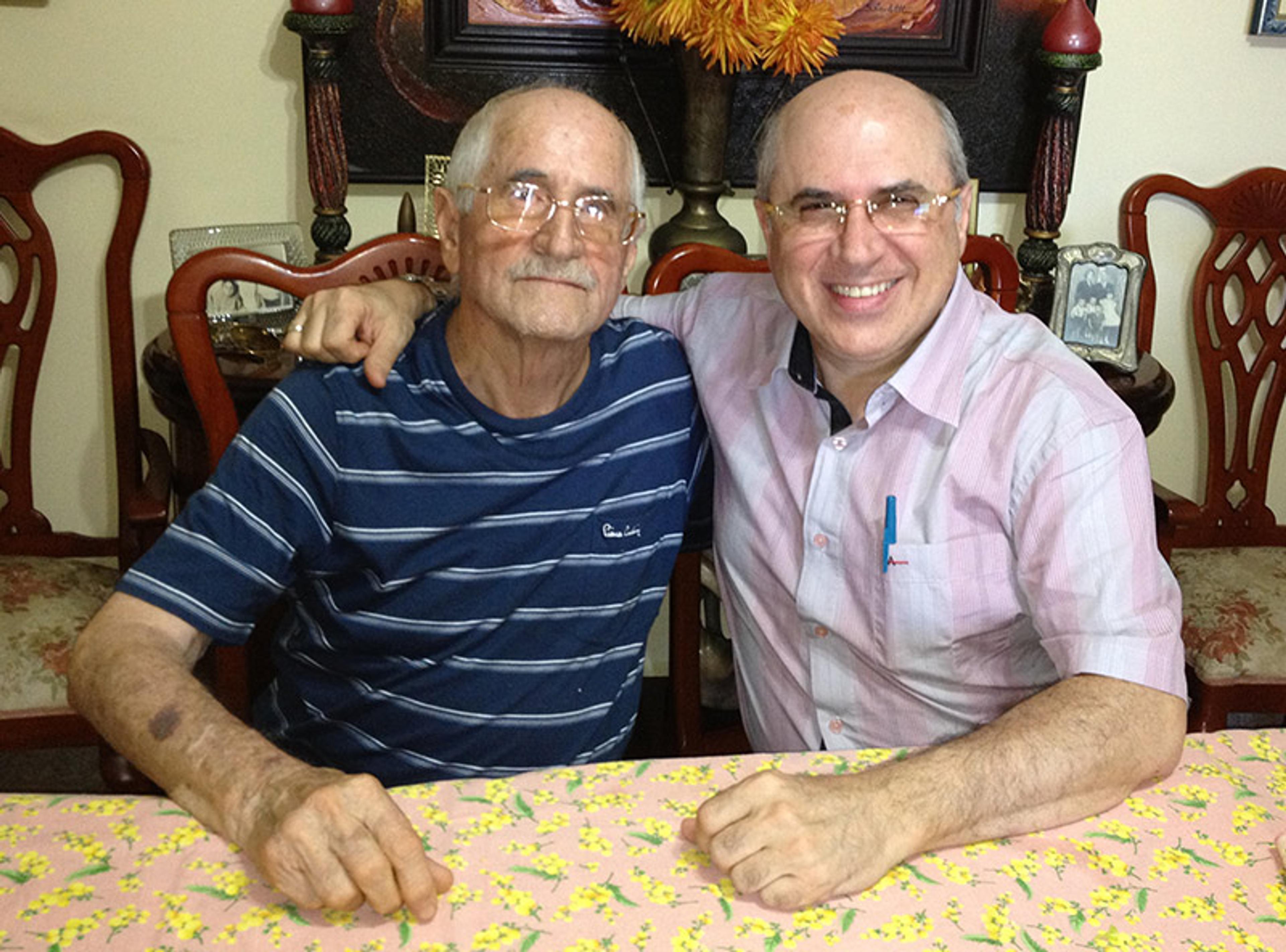
The author and his father
